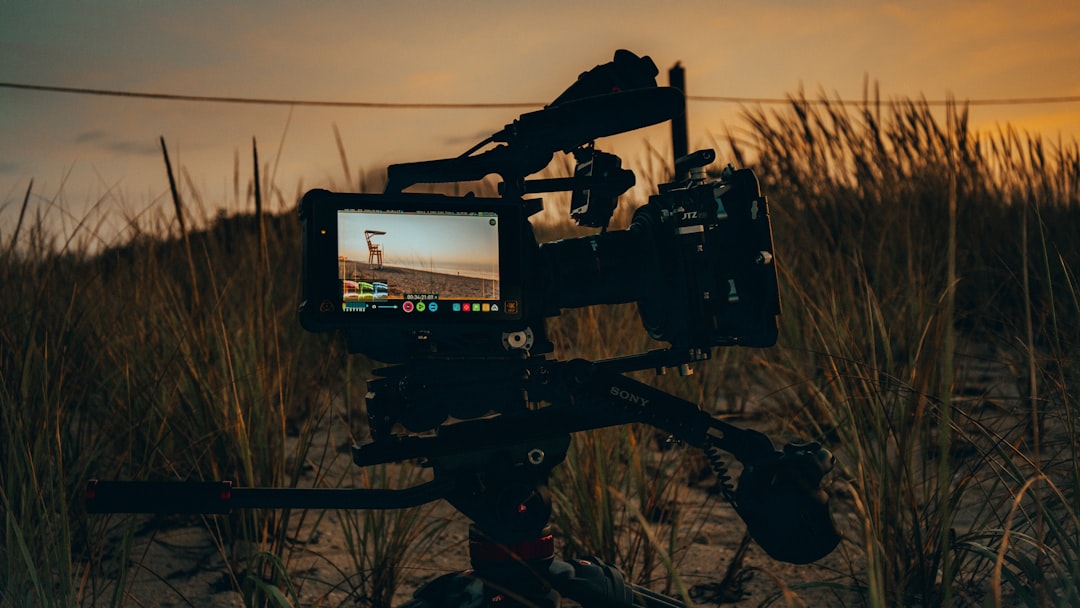Summary: When OpenAI launched its new video generator, Sora 2, Bryan Cranston noticed unsettling AI-generated videos using his likeness and voice, prompting concerns about misuse and creators’ rights. After discussions and policy improvements by OpenAI, Cranston publicly praised the company for strengthening safeguards and respecting performers’ rights.
Bryan Cranston’s Initial Concerns About Sora 2
When OpenAI began the limited public release of its video generator, Sora 2, on September 30, some AI-generated videos featuring Bryan Cranston—often portraying his iconic character Walter White from Breaking Bad—raised eyebrows. Cranston reportedly found these videos unsettling enough to contact his union, SAG-AFTRA, expressing deep concerns not only for himself but for all performers whose identities could be misused.
Controversial AI-Generated Videos Featuring Bryan Cranston
Among the videos that likely caught Cranston’s attention was one set in a strip mall parking lot where Cranston (as Walter White) and the late pop star Michael Jackson announce to Jackson’s vlog viewers that they’ve been hanging out. Another more elaborate fan-made video places Cranston and the Breaking Bad cast in a Vietnam War setting, blending creative storytelling with AI-generated imagery and voice.
For example, a parody music video titled “Breaking Bad – I Am The Napalm” circulated on social media, showcasing these AI-generated scenes:
Breaking Bad – I Am The Napalm (Parody Music Video)
Agency’s Strong Statement on Creators’ Rights
On October 8, Cranston’s agency released a firm statement questioning OpenAI’s approach. They asked whether OpenAI and its partners believe that creators—including actors, writers, artists, and musicians—deserve proper compensation and credit for their work, or if the company intends to disregard global copyright laws and creators’ rights by using their likenesses without permission.
OpenAI’s Response and Improved Policies
By October 9, the situation had shifted positively. Cranston publicly expressed gratitude toward OpenAI for enhancing its policies and guardrails. He acknowledged the company’s efforts to protect performers’ voices and likenesses, stating he was “grateful to OpenAI for its policy and for improving its guardrails.”
Collaboration Between SAG-AFTRA and OpenAI
Alongside Cranston’s statement, SAG-AFTRA, OpenAI, and major talent agencies—including the Association of Talent Agents, United Talent Agency, and Creative Artists Agency—issued a joint statement. They emphasized that while OpenAI had policies requiring opt-in consent for using voice and likeness from the start, the company regretted the unintentional AI-generated content. OpenAI has since strengthened its safeguards to prevent unauthorized replication of individuals’ voices and likenesses.
Sam Altman on Copyright and Monetization Plans
Before these developments, on October 3, OpenAI CEO Sam Altman addressed copyright concerns in a blog post regarding Sora 2. He announced plans to provide rightsholders with more granular control over character generation, expanding on the opt-in model for likenesses. Altman also mentioned intentions to share revenue with rightsholders who want their characters generated by users. He acknowledged the need for OpenAI to monetize video generation responsibly.
We have reached out to OpenAI for clarification on the timeline of these copyright policies and will update with any new information.
